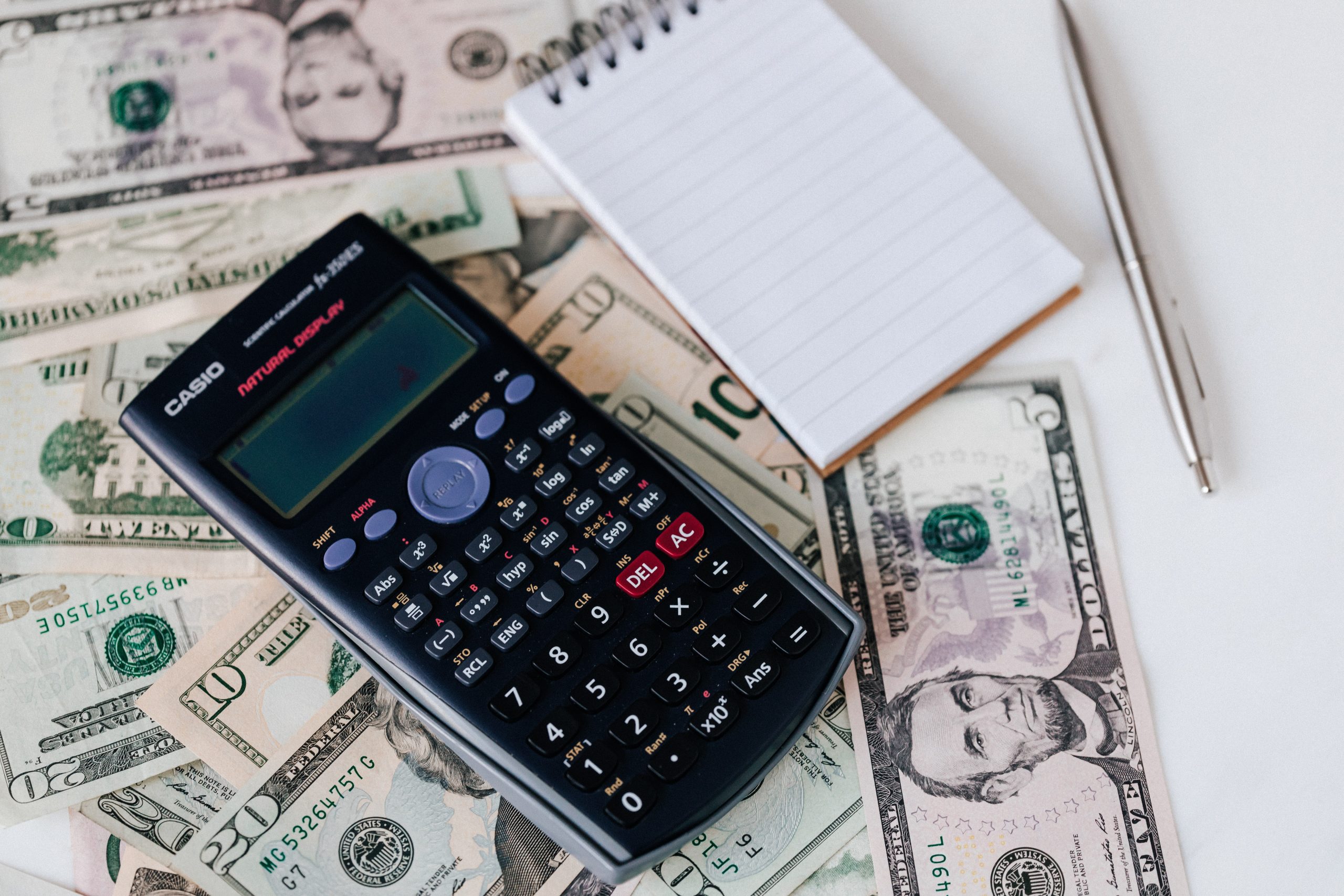
First things first…
Get pre-approved!
Speak with a lender to find out your qualifications. This will greatly help in your home search. Knowing the type of loan(s) available, your loan costs, down payment needed, and your approximate monthly payment will help you make the best informed decision for you and your family. There are different factors that go into determining how much you can afford to spend on a home. These include your income, debt-to-income ratio, credit score, and available down payment. It is important to discuss with the loan officer all available options and determine the loan type and monthly payment that’s best for you.
Don’t need financing?
If you do not need financing, you will want to have proof of funds available to provide to the seller when submitting a purchase offer. This could be a letter from your financial institution or a copy of a statement showing your account balance. A letter from your institution is recommended, but if you choose to use a statement be sure to obliterate any and all sensitive information such as account numbers. Having proof of funds to provide will strengthen your offer.
Information you’ll need when getting a mortgage…
If you are obtaining a mortgage for your home purchase, the lender will need documentation from you to qualify and approve you. Contact your lender directly to get a list of the information needed, but here are some items commonly requested:
- Name, current address, social security number
- Name(s), and work number(s) of employer(s) for the past two years
- Monthly income for you and your co-borrower (most recent pay stub(s) with year-to-date income) includes bonuses, commissions and overtime income for the past two years (this information is on your tax return)
- If you are self-employed, you will need the last two years’ tax returns for the type of business you own: Sole Proprietorship (Schedule C), Partnership (From 1065), or Corporation (Form 1120 or 1120s). In addition, the last two years’ personal tax returns (including K-1s)
- Documentation to support credit history problems (if applicable), which can be a written explanation of late payments, bankruptcy (petition and discharge papers), defaults, judgments, and/or liens
- As part of closing, your lender will have to verify all funds that you receive; so it’s a good idea to get together any documents that will verify proof of receipt or deposit for funds, like gifts and trust accounts
Gathering this information ahead of time will help it to be less stressful when the time comes to submit this information to your lender.
Check back soon for my next installment regarding down payments.


 Facebook
Facebook
 X
X
 Pinterest
Pinterest
 Copy Link
Copy Link
